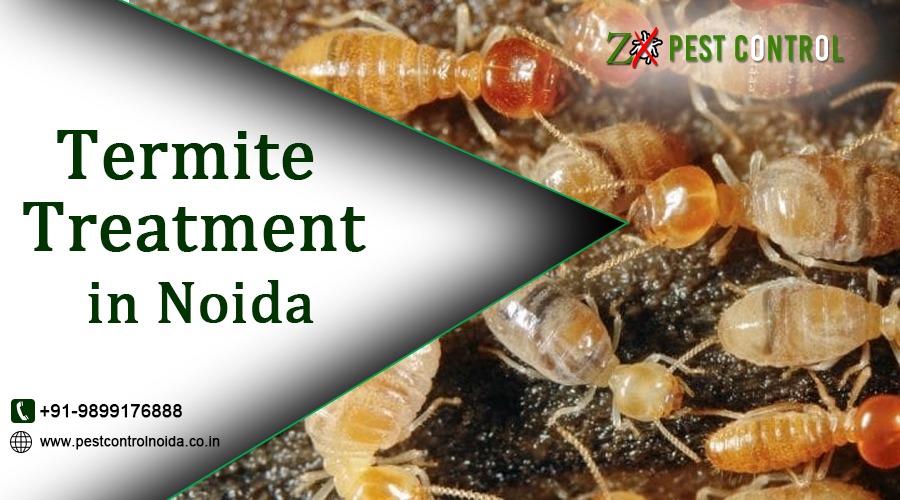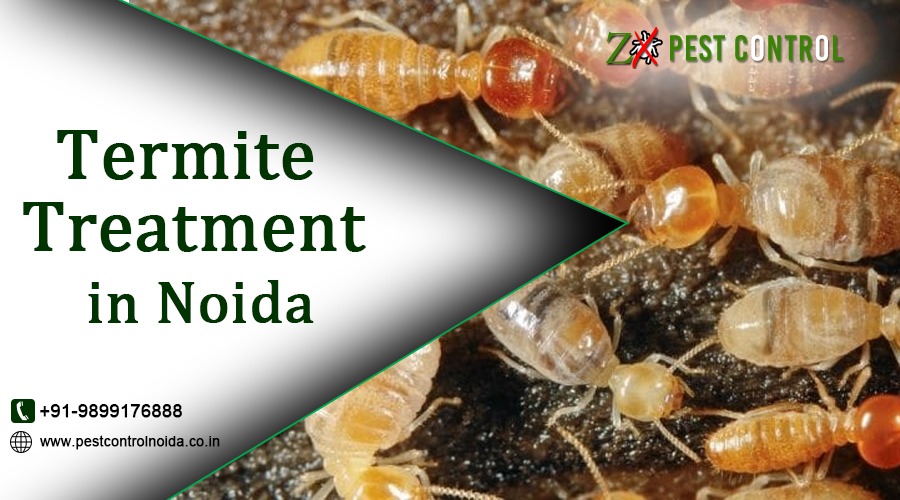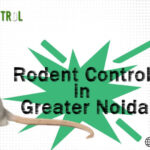Noida, a rapidly developing city in Uttar Pradesh, is not immune to the threat of termite infestations. Termites, often referred to as “silent invaders,” can cause extensive damage to structures, silently compromising the integrity of homes and buildings. This article aims to provide a comprehensive guide to termite treatment Noida, offering insights into preventive measures, identification of infestations, and effective treatment strategies to protect your property.
1. Understanding the Threat of Termites:
Termites are social insects that feed on cellulose, a component found in wood and plant materials. In Noida, where wooden structures are prevalent, termites can pose a significant threat to homes, offices, and other buildings. Understanding the biology and behavior of termites is crucial in implementing effective control measures.
2. Types of Termites in Noida:
In Noida, two common types of termites are subterranean termites and drywood termites. Subterranean termites typically live in the soil and build mud tubes to access above-ground food sources. Drywood termites, on the other hand, infest dry wood and do not require contact with soil. Identifying the specific type of termite infestation is essential for targeted treatment.
3. Signs of Termite Infestation:
Recognizing the early signs of termite infestation is crucial for timely intervention. Common signs include mud tubes on walls, hollow-sounding wood, discarded wings near windowsills, and the presence of termite droppings or frass. Regular inspections of your property can help identify these signs before extensive damage occurs.
4. Preventive Measures:
Prevention is the first line of defense against termite infestations. Property owners in Noida can take proactive measures to minimize the risk of termite damage. This includes:
– Moisture Control: Termites thrive in damp environments. Ensure proper drainage around your property and fix any leaks promptly to reduce moisture levels.
– Wood Treatment: Applying wood preservatives or opting for termite-resistant wood during construction can deter termite infestations.
– Regular Inspections: Conduct routine inspections of your property, paying attention to vulnerable areas such as basements, crawl spaces, and wooden structures.
– Clear Vegetation: Remove dead trees, stumps, and excessive vegetation near your property, as they can serve as potential termite habitats.

5. Professional Termite Inspection:
While preventive measures are essential, periodic professional termite inspections are recommended. Trained technicians can conduct thorough examinations, identifying early signs of termite activity and assessing the extent of the infestation. Early detection enables prompt and targeted treatment, minimizing potential damage.
6. Chemical Barrier Treatments:
Chemical barrier treatments involve creating a protective barrier around the property to deter termites. This can be achieved through the application of liquid termiticides to the soil or the installation of termite bait stations. Professional pest control services in Noida can assess the property’s specific needs and implement the most suitable chemical barrier treatment.
7. Baiting Systems:
Termite baiting systems are an effective and environmentally friendly option for termite control. Bait stations containing toxic baits are strategically placed around the property. Termites feed on the bait and share it with the colony, leading to the colony’s eventual elimination. This method is particularly useful for subterranean termite control.
8. Wood Treatment:
For existing termite infestations or as a preventive measure, wood treatment with termiticides or borate-based products is recommended. Termite Treatment Faridabad . These treatments create a protective barrier on the wood surface, deterring termites from infesting or feeding on the treated wood.
9. Fumigation:
In cases of severe termite infestations, fumigation may be considered. This involves sealing the infested area and introducing fumigants to eliminate termites. Fumigation is a highly effective but more intrusive treatment method that requires professional expertise.
10. Post-Treatment Monitoring:
After implementing termite treatment, it is essential to monitor the property for any signs of termite resurgence. Regular follow-up inspections by professionals can ensure the effectiveness of the treatment and provide additional peace of mind.
Termite treatment in Noida is a proactive and essential step in safeguarding properties from the destructive impact of these silent invaders. Understanding the types of termites, recognizing signs of infestation, adopting preventive measures, and implementing effective treatment strategies are key components of a comprehensive termite control plan.
By combining these strategies and seeking professional assistance when needed, property owners in Noida can protect their investments and ensure the long-term structural integrity of their homes and buildings. A proactive approach to termite control not only preserves property value but also contributes to a safe and secure living environment in this vibrant city.



